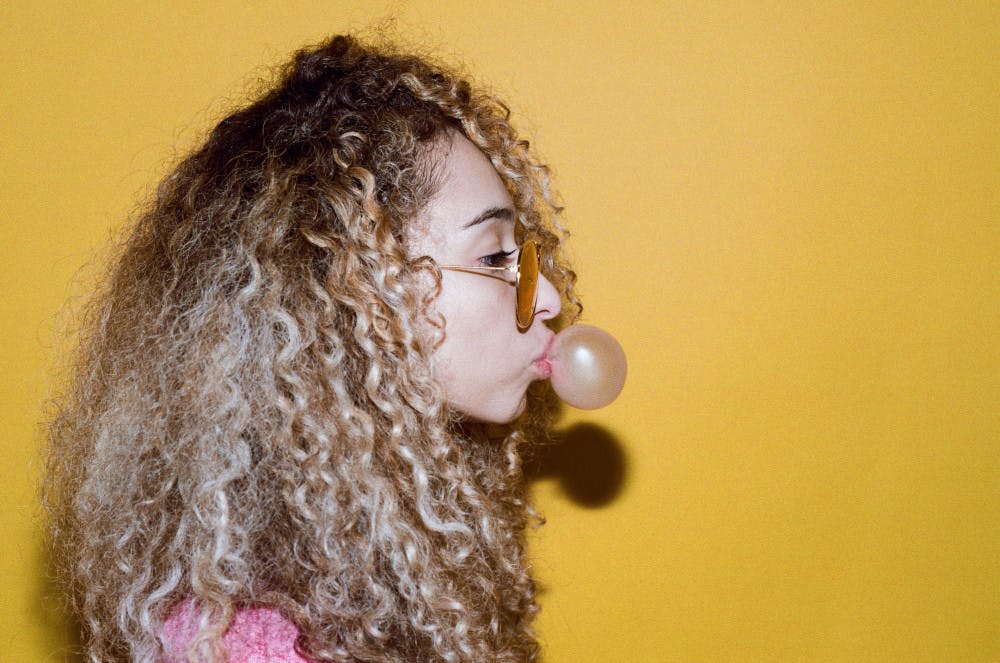For some reason, there always seems to be some pushback when things don't fall in straight lines, including hair.
Despite how common curly hair is, curls still tend to be confusing for hairstylists across the U. S. As someone with frizzy curls, the majority of stylists didn’t understand my hair growing up. They complained that my hair was crazy, and it felt like they were guessing their way through the process — which you could clearly see in the results. The only time that they refrained from insulting my hair was when they were straightening it or relaxing it through keratin treatment, a process that chemically damages your hair.
Either way, the process was attached with a higher price tag than expected.
The DevaCut, the revolutionary “must-have” haircutting technique for curls, can range from $85 to $200. The technique dry-cuts curls to accurately see the natural shape of curls, as opposed to the usual practice of cutting hair when wet. Hairstylists have to be specially certified in the DevaCut. In other words, this technique is not taught in beauty schools, as cutting ethnic hair is not considered a normal practice.
Topher Gross, a stylist at Seagull Salon in New York City told Bustle that many beauty schools exclude natural hair and kinkier textures from their lessons. Instead, they focus solely on fine and straight hair.
“You [have to] go back to school,” he said to Bustle. “Or [pay to] get extra training for textured, natural and ethnic hair.”
Gross added that styling textured hair was not a part of the New York State exam that he took in 2008, despite the diverse population of New York City. As a result, hair styling bills for curly and coily hair are increased, with added charges for being too difficult and unfamiliar. This only pervades the standardization of straight hair as the social norm. It complements the discrimination against kinkier hair textures throughout the country.
According to a recent report by Dove and its partnership with CROWN Coalition, black women are 50 percent more likely to either be sent home from work or know someone who’s been sent home from work because of their hair. In 2002, a New York Times article concluded that “Straight-haired women have more fun,” detailing how curly-haired women performed damaging procedures to straighten their curls for hundreds of dollars. In the 17 years since this article’s publication, society has become more accepting of different hair textures.
Beauty campaigns are gradually becoming more representative of different skin tones and hair types. California and New York are the first states to implement laws against hair discrimination.
However, it doesn’t change the fact that these laws shouldn’t need to be created in the first place.
In the same way that a makeup artist should be familiar with applying makeup on different types and shades of skin, all hairstylists should become familiar with different types of hair.
Nobody chooses what type of hair flows from their scalp. Regardless of its shape or texture, all hair is beautiful, and all hair should be celebrated. To help do so, there needs to be an integration of all different hair types into beauty school.
Ignoring curly, natural and textured coils is ignorant to the diversity of hair that’s out there.
Lauren Rousseau is a journalism sophomore.






